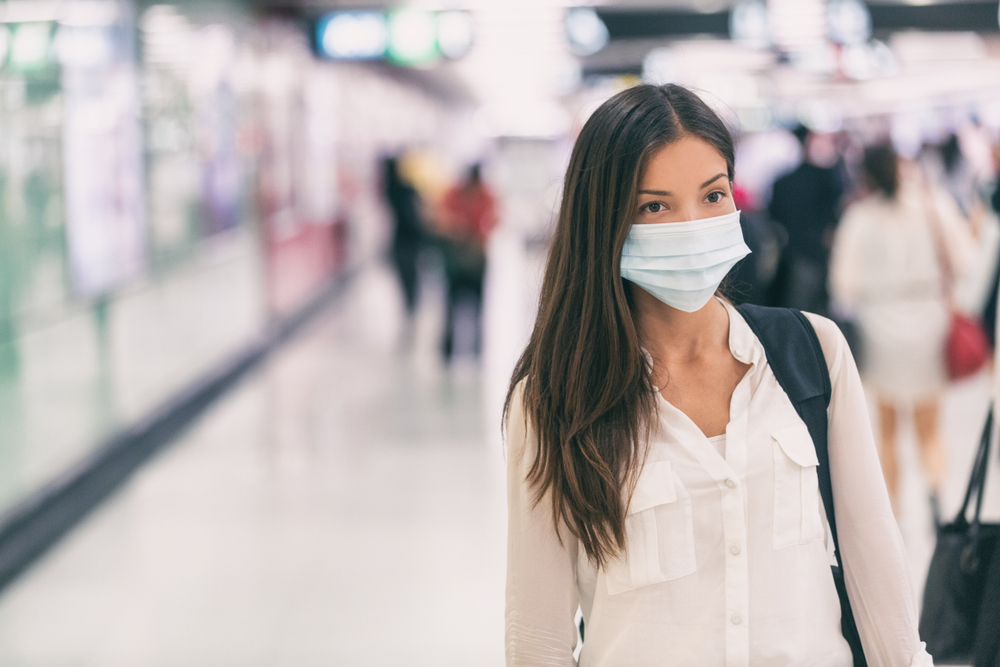Published November 24, 2014 in scopeblog.stanford.edu
By Melanie Thernstrom
People with food allergies and their families live lives of unremitting worry. They are perfectly healthy unless they eat an allergen and then suddenly they are at death’s door.
When 9-year-old Maya Bodnick went on a skiing trip with her cousin, her aunt let her pick out some malt balls from a candy bin. Within minutes her face began to swell, her throat hurt, and she vomited. When Tessa Yates Grosso was eight, she ate some spring rolls that turned out to contain wheat, which was one of her allergies – soon she began to lose consciousness. Her mother watched, terrified, as a medical team struggled to revive her by injecting two syringes of epinephrine and an array of other drugs. When my son Kieran was a toddler, he got hold of a cookie that contained eggs and nuts – both of which he was allergic to – and although I got the cookie out of his mouth before he bit down, and I rinsed his mouth out with water, he stopped breathing on the way to the hospital.
But for all three kids and their families, that life is now over after participating in a trial of a radical treatment for food allergies, headed by Kari Nadeau, MD, PhD. The treatment, known as oral immunotherapy, retrains the immune system by giving the patients micro-doses of the allergen and gradually working up – over months or years – to a full serving. Nadeau has recently discovered that oral immunotherapy actually causes epigenetic changes – physical changes in patients’ genes that affect the way they are expressed.
Food allergic people are initially astonished – and terrified – by the suggestion they should eat the foods that had once poisoned them. But it turns out that – no matter how severe the allergy – everyone’s immune system can be retrained. Moreover, Nadeau discovered, the treatment works equally well for children and adults. At the newly created Food Allergy Center, Nadeau and her team will continue to research not only oral immunotherapy, but treatments for food allergies that do not involve eating the food. The center will also treat food sensitivities and intolerances, which patients frequently confuse with food allergies.
Read more about Maya, Tessa and Kieran’s treatment – and their new lives – here.
Melanie Thernstrom is a freelance writer.




